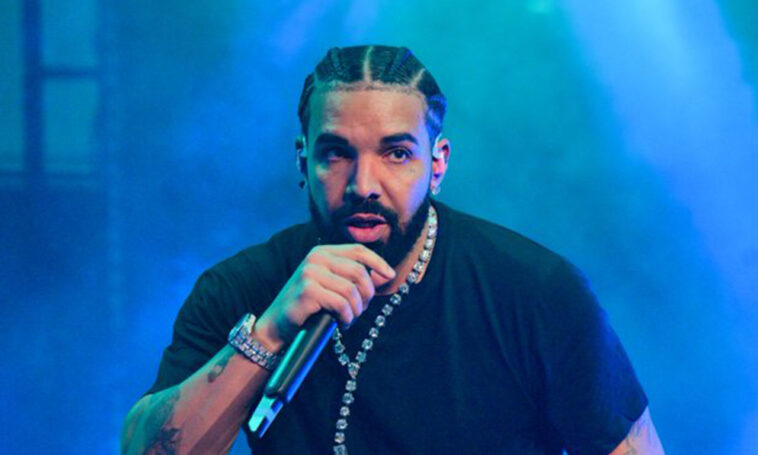Drake’s legal team has fired back at Spotify after the streaming giant filed court documents denying claims made by the rapper in a lawsuit regarding manipulated streaming numbers. The legal battle has added fuel to the ongoing debate over the use of bots to artificially inflate streams on music platforms. Drake filed the lawsuit against Spotify and its major label partner, Universal Music Group (UMG), accusing the two companies of using bots to artificially boost streams for his hit single. According to Drake’s legal counsel, Spotify inflated the streams of his track by 30,000 in the critical period surrounding the song’s release, with the intention of boosting its chart performance.
The lawsuit also alleges that Spotify accepted undisclosed payments tied to the artificial inflation of streams, further deepening the accusations of illegal activity. Drake’s legal team pointed out that the streaming platform and its label partner should have no issue complying with basic discovery requests if they have nothing to hide. In a statement, they challenged Spotify’s stance, asserting that the company was trying to distance itself from what they described as Universal’s manipulative practices.
“If Spotify and UMG have nothing to hide, they should have no issue complying with basic discovery requests,” the statement said.
Spotify quickly responded, calling Drake’s legal action a “subversion of the normal judicial process.” The streaming giant rejected the claims of bot manipulation, asserting that they had not engaged in any activities that would artificially inflate streams in favor of any artist, including Drake. Spotify went on to state that they invest heavily in both automated and manual systems to detect and prevent stream manipulation, promising to take strong action if any attempts to manipulate the platform were identified.
Despite Spotify’s rejection of the claims, the controversy has sparked a wider discussion on the music industry’s handling of streaming data and potential manipulation. Independent artist Russ, known for his outspoken opinions on the music business, joined the conversation, suggesting that Drake’s allegations might have some truth to them. In a post on X (formerly Twitter), Russ implied that Spotify could be hesitant to expose the illegal practices of major labels, fearing retaliation that could affect the platform’s value. He argued that major labels hold a significant amount of power in the industry and could threaten to pull their top artists’ music from Spotify, which would hurt the platform’s overall attractiveness to users and advertisers.
“Major labels could pull their top artists’ music from Spotify, which would hurt the platform’s attractiveness,” Russ wrote. He concluded by suggesting that Spotify might be “held hostage” by the influence of these major labels, implying that the platform could be avoiding transparency to maintain its relationships with key music industry players.
This legal dispute is significant not only because it involves one of the biggest stars in music but also because it highlights the growing concerns over the integrity of streaming platforms and the role of major labels in manipulating charts and playlists. If proven true, these claims would call into question the fairness and transparency of the streaming ecosystem, which has become the dominant way people consume music today.
In its defense, Spotify maintains that it has a robust system in place to identify and combat fake streams, with penalties that include withholding royalties, removing artificial streams, and excluding manipulated data from chart calculations. The company’s legal filings stress that they take the integrity of streaming data seriously and are committed to ensuring that their platform remains fair for all artists, regardless of their size or label affiliation.
For Drake, this legal battle is just the latest chapter in his ongoing struggles with the music industry’s practices. The rapper has long been vocal about his dissatisfaction with various aspects of the industry, from the control exerted by major labels to issues surrounding streaming royalties. As the case progresses, it could have broader implications for the future of streaming services and how they handle the complex relationship between artists, labels, and listeners.
The case is still in its early stages, with court filings expected to continue throughout the coming months. As Drake’s legal team and Spotify prepare for the next steps, the music industry will be closely watching how this high-profile lawsuit unfolds and whether it could lead to greater scrutiny and transparency in the streaming world.
As the legal battle continues, one thing is certain: this case will keep the spotlight on the business practices of streaming platforms and their influence on the modern music industry.




Join the Community and Be a Part of the Conversation
You must be logged in or registered to post a comment.